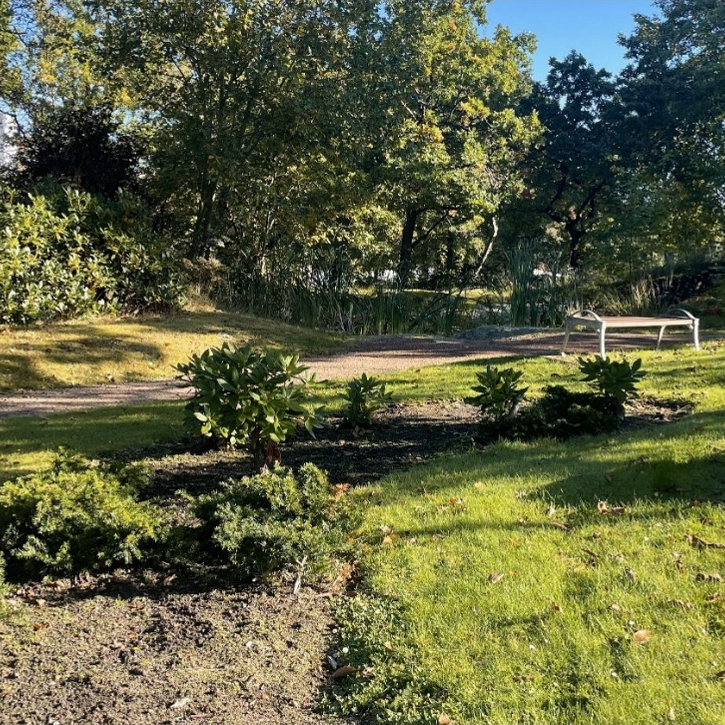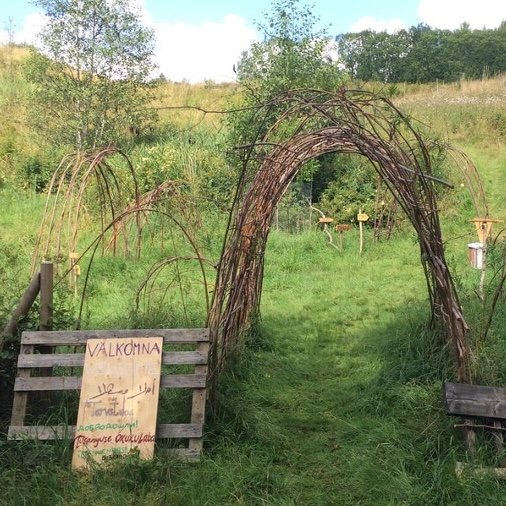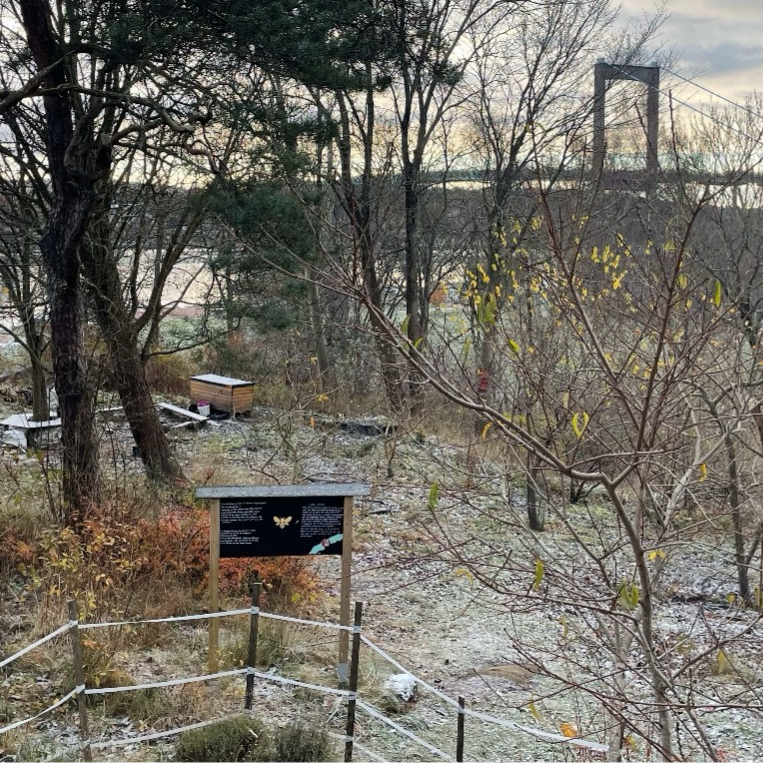The Case of Gothenburg
The functional urban area (FUA) of the Case Study in Gothenburg
The Functional Urban Area (FUA) of Gothenburg encompasses 14 municipalities, with nine falling entirely within the FUA boundary. It stretches from the western Swedish coastline to more rural interior landscapes and includes the City of Gothenburg (Göteborg in Swedish), Sweden’s second largest city with a population of around 600,000 people. Today, the City of Gothenburg faces social, economic and environmental challenges, including issues of segregation. The wider FUA is also affected by segregation issues, albeit not as prominent. Adding to this, the FUA faces a number of climate-related challenges, including increased sporadic rainfall in storm bursts.
In response, actors in the FUA has recognised the benefits of utilising nature in the form of nature-based solutions (NBS) as an effective way to address climate change, biodiversity loss and social justice. However, many NBS initiatives in the FUA are located outside the most socio-economically disadvantaged areas, which may limit their potential to address urban inequalities. Several NBS are also operated and maintained by volunteers, which raises interesting questions about who has the resources, ability, and opportunity to engage in these initiatives.
The Gothenburg region has great values in the coast, sea, forests and lakes, and they are major assets not only for the region's attractiveness but also for ecosystem services, for example. Maintaining this potential requires conscious efforts to protect valuable environments and ensure people's access to the coast, sea, forests and lakes.
Re-Use Park Medicinareberget
The concept of the Re-Use Park (Återbruksparken in Swedish) was developed by property owner and manager Akademiska Hus (Academic Houses) in 2020 on the grounds of Gothenburg University’s Medicinareberget campus. Construction was led by Akademiska Hus in collaboration with Återbruk Väst (Reuse West) —a project spearheaded by the IVL Swedish Environmental Research Institute, Chalmersfastigheter (Chalmers Properties), and Business Region Göteborg.
Eco Agroforestrestry Centre Linnarhult
Eco Agroforestry Centre (EAC) Linnarhult was founded by two immigrant led non-profit organisations in Gothenburg in 2016; Planta Panta Tree International (PPTI) and Hope for Sustainable Forest. In 2018, the association was offered to lease 27 hectares of land along the Lärje river in Linnarhult by the City of Gothenburg.
The Färjenäs Forest Garden
The Färjenäs Forest Garden is a 2000sqm initiative established in 2013, after volunteers approached the City of Gothenburg for a site within Färjenäs Park in the suburb of Eriksberg. The Färjenäs Forest Garden Association leases the land for free from the municipality and is responsible for managing and maintaining the Forest Garden.

Figure 1: The Re-Use Park at Medicinareberget. Photo source: Lovisa Carli

Figure 2: Willow Wonder Entrance at EAC Linnarhult. Photo source: EAC

Figure 3: View over the Färjenäs Forest Garden. Photo source: Lovisa Carli



